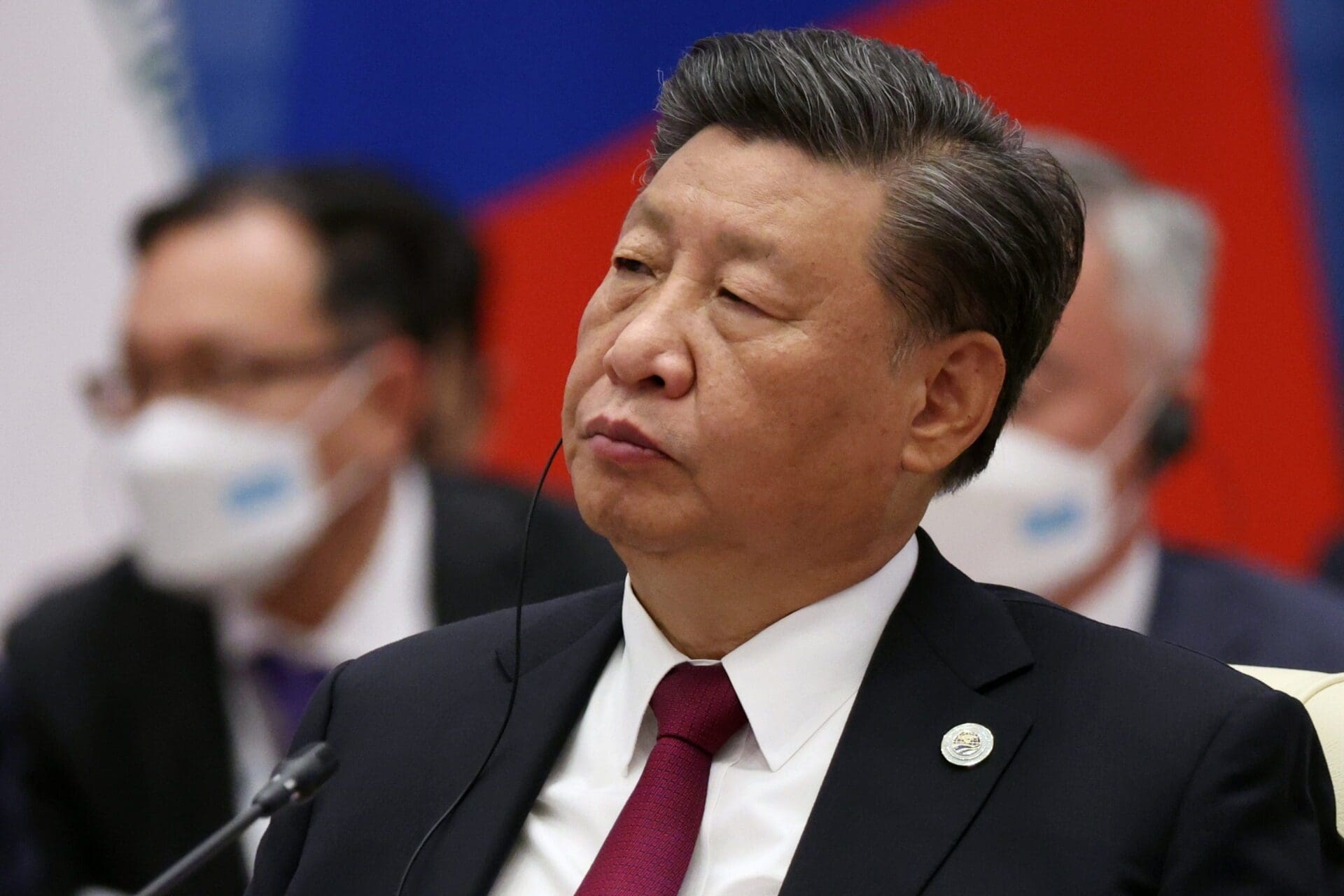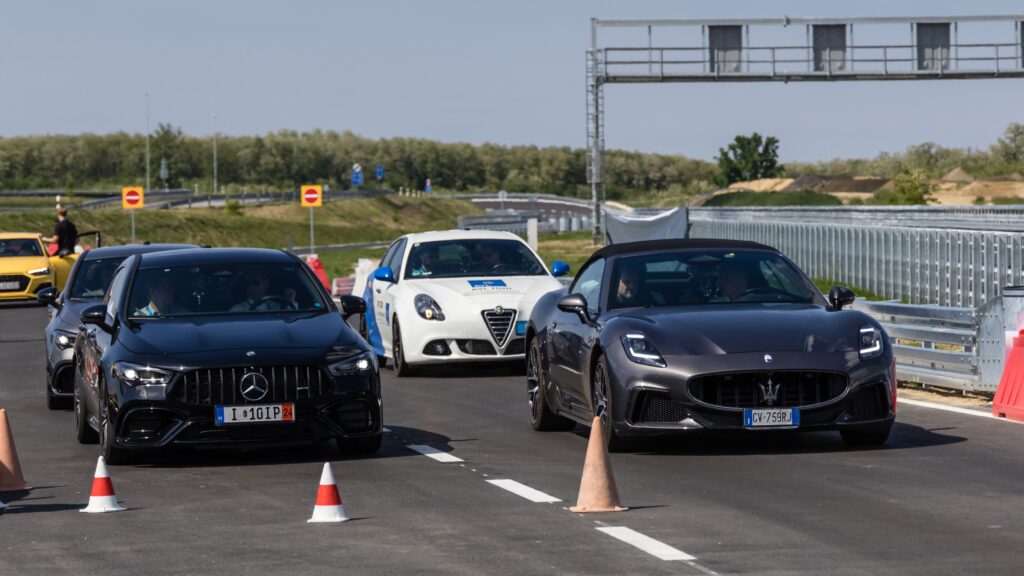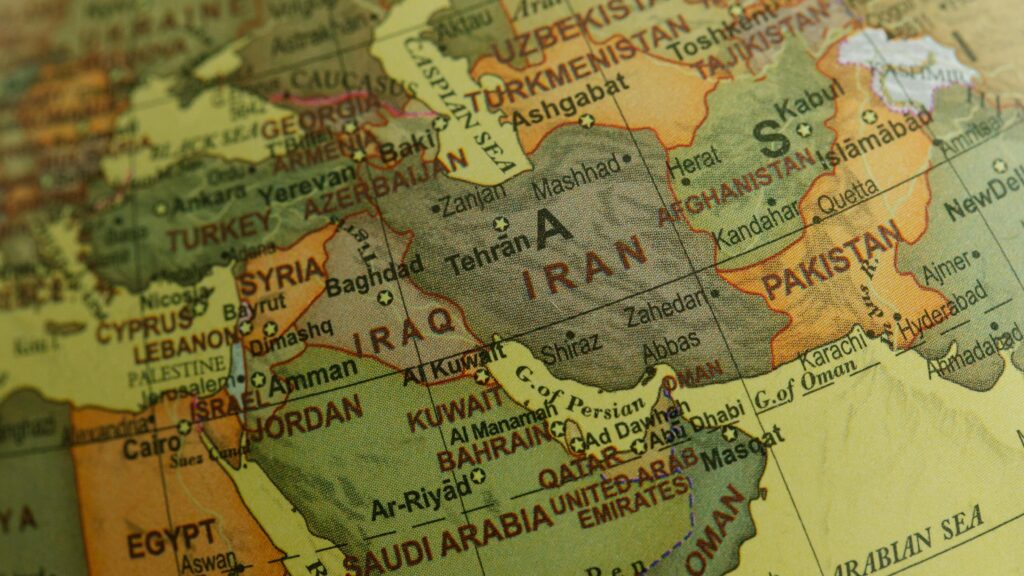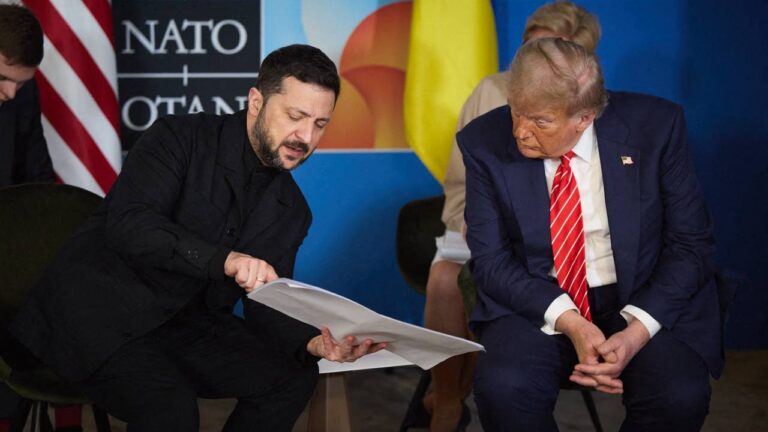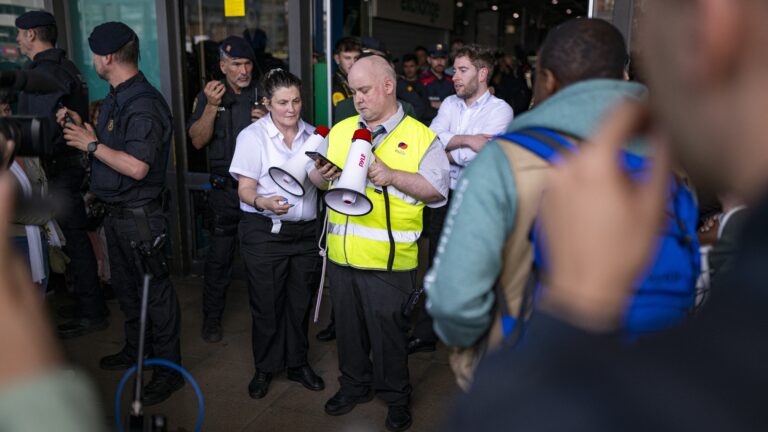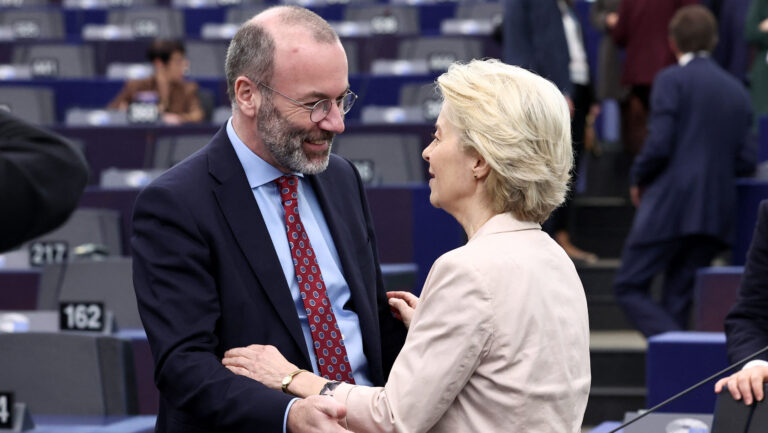When the news broke last month on social media that Xi Jinping had been put under house arrest upon his return from the Shanghai Cooperation Organisation in Uzbekistan, held between 15 and 16 September, it was speculated that a coup in Beijing had occurred to prevent the Chinese dictator from assuming an unprecedented third term as General Secretary of the Chinese Communist Party (CCP). (Preparations pointing in that direction had been planned for the upcoming 20th National Congress scheduled for 16 October 2022—in 2018, he already had the two-term limit scrapped.) But the news turned out to be fake, with Xi himself dispelling the rumours when he made a public appearance towards the end of the month.
In all probability, now that Xi has shown to be fully in charge of Communist China, according to geopolitical analyst Sandeep Dhawan the 20th National Congress would reactivate the CCP’s chairmanship position. Until now, only three CCP leaders have held that position: Mao Zedong (1945–76), Hua Guofeng (1977–81), and Hu Yaobang (1981–82)—the office was dissolved in 1982. Xi, in fact, has been dubbed ‘chairman of everything’ after he put himself in charge of economic, propaganda and other major affairs.
Xi has been ruthless in his ten-year rule of China, curbing personal freedoms such as free speech and freedom of religion, arresting anyone who raised their voice against his authoritarian regime. He also oversaw the incarceration of Uyghur Muslims and the persecution of Christians. And now, for the past few months, his ruthlessness has manifested itself in his all-encompassing ‘zero COVID’ strategy.
Under the pretext of implementing more effective health policies, such as authorising more efficient MRNA vaccines and prioritising the elderly in its vaccination campaign, the CCP continues to pursue stringent border controls, aggressive isolation of close contacts, sudden closures of airports and public spaces, and snap lockdowns of neighbourhoods and even entire municipalities. Interestingly enough, all major Far Eastern countries, South Korean, Japan, Taiwan, and even Hong Kong, which for more than two years had emulated mainland China in maintaining stringent border controls, have decided to end their strict measures of containment.
According to data gathered by Hindustan Times, as of this past August, there have been no less than 430 demonstrations since the beginning of this year, compelling some 120 strong, authoritarian responses from the Xi Jinping regime. The primary trigger of the protests has been brutal enforcement of Covid lockdowns in high population density areas leading to delays in salary disbursement, scarcity of daily commodities, and an apparent apathy of the local governments. Yet, from what can be collated, the city of Shanghai has been subjected to the worst treatment by the CCP.
The ‘zero Covid’ policy has quite obviously become a tool to intimidate people
In recent weeks, tens of millions of people have been confined to their homes in lockdowns across sixty towns and cities. The ‘zero Covid’ policy has quite obviously become a tool to intimidate people. In a recent case, a flight attendant on a plane announced that someone on board had tested positive for COVID-19. She ordered all passengers to get off the plane, announcing that there would be mandatory testing. The BBC’s China correspondent Stephen McDonell recently wrote about the health app that everyone must download to their smart phones. When people travel to another city, cases can suddenly emerge and the phone app health code change to red, meaning that no one can leave until the code is green again—and no one knows how long that may take.
Such measures have led to unemployment and a curtailing, if not halting, of tourism in cultural places, like the ancient capital of Xi’an. Although foreigners are thus kept from witnessing and reporting what actually occurs, Chinese citizens do not seem to be discouraged and continue to fight for their human rights.
Jehan Mirzaei, an English teacher Shanghai since 2013—now retired—told me prior to returning to the United States some months ago that during the month of April ‘The whole process was very chaotic, as well as different districts having different rules as to how they handled hard quarantine (which means actual fences or chains being put up). Foreigners were taken to quarantine camps, with government supplies were not evenly distributed—every district, possibly every neighbourhood received from zero to too much food at different intervals—and with testing (my own was mostly in the mornings getting called outside to do the tests with everyone in the street, and to show an antigen test first) almost every day.’
Why the Crackdown in Places Like Shanghai?
Many Chinese in Shanghai have realised that the COVID lockdowns were a way to suppress protests against a failing economy, and to counteract the risk of the city becoming autonomous and self-reliant like Hong Kong.
Shanghai has the highest GDP of any mainland Chinese city and half of its economic activity contributed by non-public enterprises. It owns one of the two stock exchanges in mainland China—the Shanghai Stock Exchange—and is home to some of the country’s top universities, including Fudan University and Shanghai Jiao Tong University. The city, which is the most populous in the country, is transforming itself into a post-industrial economy. Its service sector accounts for over seventy per cent of the city’s GDP and is still rapidly growing.
As recently reported by The Washington Post, hundreds of millions of Chinese are now middle class. They use the most cutting-edge tools of the information revolution and have considerable freedom to own real property, start businesses and change their places of residence, all of which was previously forbidden. It is precisely in response to these massive changes that Xi has launched his programme of repression and centralisation.
Wang Sicong had his Weibo account shut down after he posted comments
questioning state-sanctioned herbal medicine treatments
Notable Chinese influencers and celebrities have been censored by the CCP for echoing the sentiments of many ordinary Shanghai residents. Wang Sicong, for example, son of billionaire Wang Jianlin, had his Weibo account—with 40 million followers—shut down in late April after he posted comments questioning state-sanctioned herbal medicine treatments and declaring that he would refuse to take a mandated test. There were unverified reports that he had also been detained for ‘picking fights and provoking trouble,’ a criminal charge often used to punish free speech. The same thing had occurred in May to the nonagenarian Cardinal Joseph Zen, former bishop of Hong Kong, because of his public position on the defence of freedom of speech and religion.
This can, however, have a potential backlash on the man who seeks to become the most powerful Chinese figure since Mao Zedong.
This July in Beijing, when the city’s health administration attempted to impose a new vaccine mandate—senior citizens who live in retirement homes or elder care facilities would have had to be vaccinated, and anyone who was unvaccinated would have been denied access to public facilities such as libraries, museums, and movie theatres—, by the following day, after incredible pushback on social media, the policy was rescinded.
‘[T]he abrupt reversal,’ says Yanzhong Huand, Senior Fellow for Global Health at the Council on Foreign Relations, ‘was likely the result of pressure from retired officials in Beijing, some of whom are vaccine sceptics and who may have used their influence with the top leadership. Certainly, Xi had every reason to avoid friction with party elders on the eve of the Party Congress.’
As of last month, the Chinese Yuan had found itself at its weakest level against the US Dollar and it might be poised to fall further still, despite Chinese per capita GDP increasing almost thirtyfold since the start of economic liberalization in 1978. Chinese economy, in fact, is in trouble.
For the time being, it seems unthinkable that Xi Jinping could be removed, just as Russian President Vladimir Putin or Iran’s Ayatollah Ali Hosseini Khamenei seem to be untouchable. However, let us not forget that the same was thought of dictators like Benito Mussolini, Adolf Hitler, Nicolae Ceaușescu, and Slobodan Milošević.
The expressed in the opinion section are those of the authors and do not necessarily reflect the views of the Hungarian Conservative’s editorial board.

